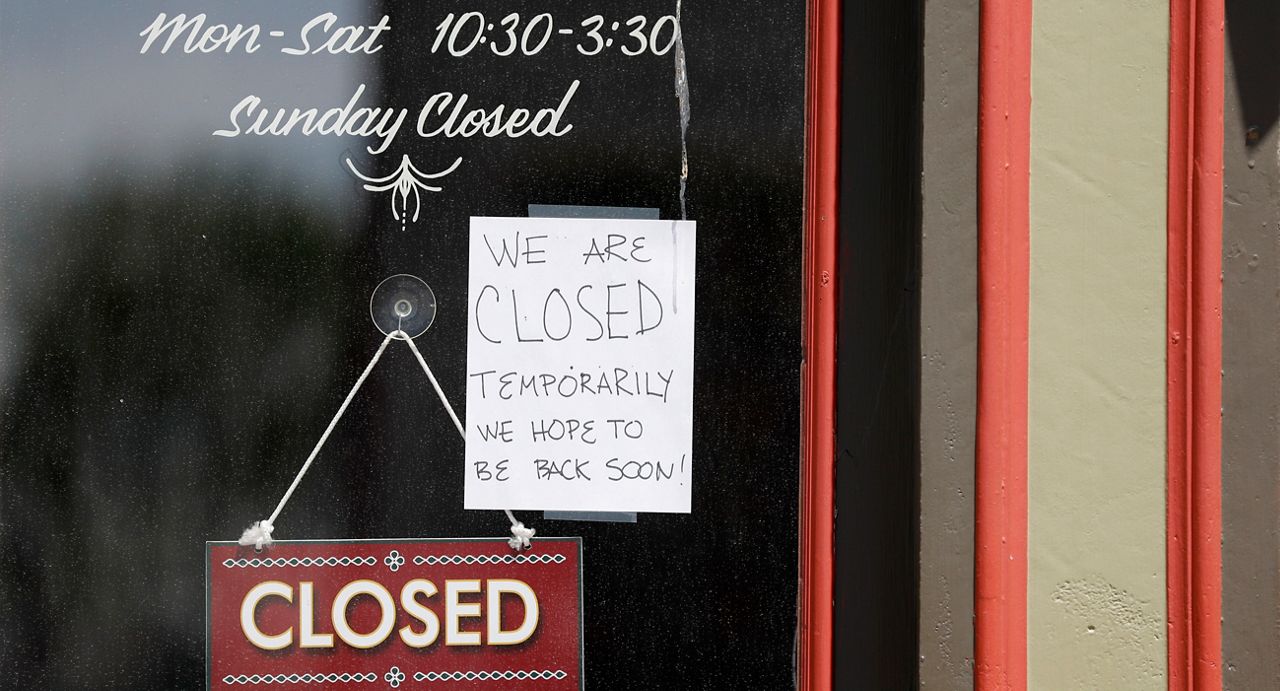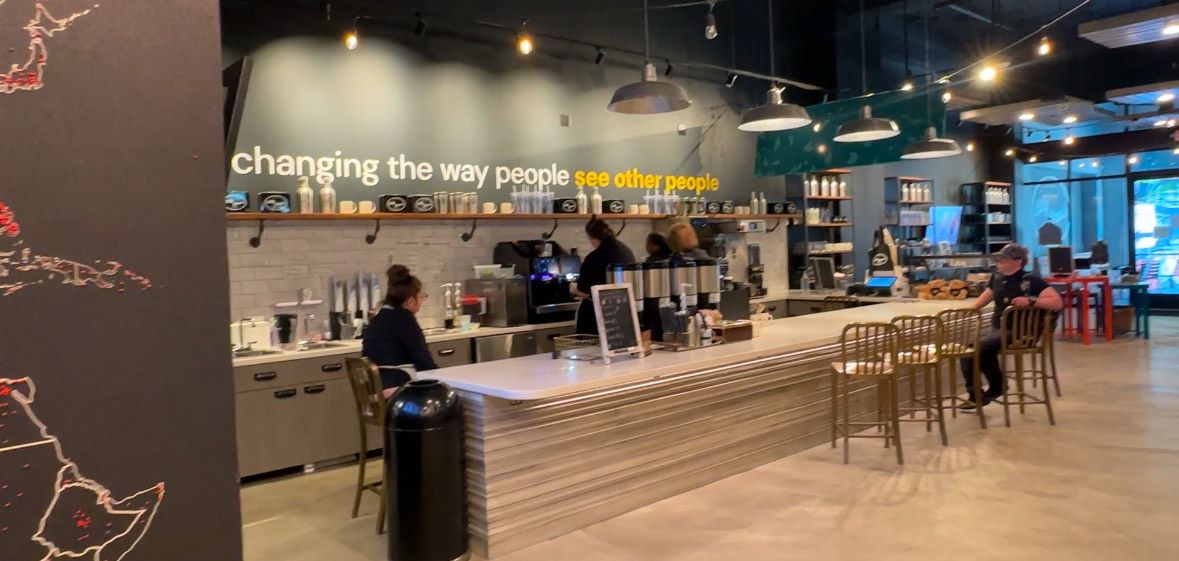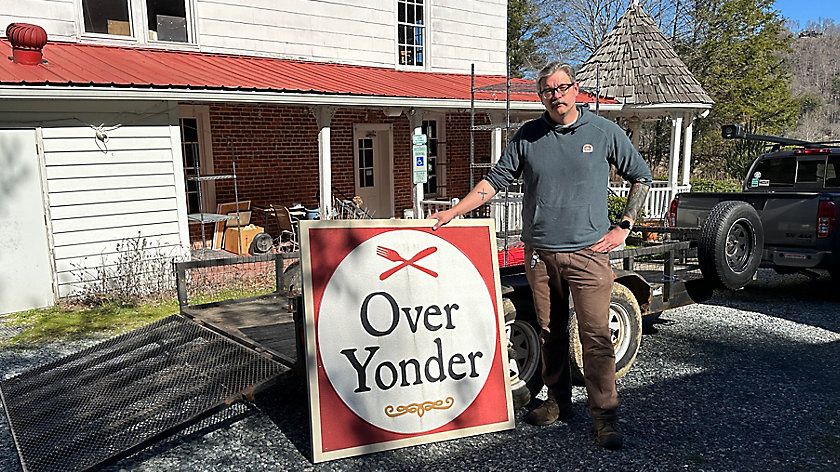A state-run foundation tasked with distributing $83 million in COVID recovery loans in North Carolina did not monitor how the money was being spent, according to a new report from the Office of the State Auditor.
The North Carolina General Assembly gave the money to Golden LEAF for the COVID-19 Rapid Recovery Loan Program to help small businesses recovering from the pandemic. But the lack of monitoring left the program open to misuse or fraud, the state audit report said.
“Without monitoring the use of funds after the Program loans were distributed, Golden LEAF could not detect misuse that could occur due to misunderstandings, errors, or fraud,” State Auditor Beth Wood said in the report.
“Golden LEAF followed the requirements set out in the legislation and by the N.C. Pandemic Recovery Office to implement the Rapid Recovery Loan Program," Golden LEAF Foundation President and CEO Scott Hamilton said in a statement.
"Thanks to support from the Governor and General Assembly, the program provided 1,257 loans to small businesses during the height of the COVID-19 crisis. We appreciate the work of the Office of the State Auditor to review the program,” he said.
The North Carolina legislature established Golden LEAF in 1999 to distribute funding from a tobacco settlement agreement to help rural and distressed communities in the state.
The audit does not include any investigations into whether there was any actual fraud of abuse in the program.
The State Bureau of Investigation's Financial Crimes Unit does not have any open investigations related to the loan program, according to SBI spokeswoman Angie Grube.
Federal investigators have filed charges against numerous people accused of fraud in COVID-19 relief schemes involving other programs. Last week a federal jury in Charlotte found a father and son guilty of filing false applications for $1.7 million Paycheck Protection Program loans.
The $83 million in recovery loans is part of billions of dollars the federal government sent to North Carolina in 2020 from the CARES Act.
The state set aside this money for quick loans to small businesses to cover paying employees, mortgage or rent, utilities and other operating costs, according to the report.
“These loans were designed to assist small businesses bridge the gap between the onset of the economic hardship caused by the COVID-19 pandemic and when federal loans or other relief funds were approved,” the report said.
Golden LEAF contracted with the North Carolina Rural Center to operate the program, which in turn worked with eight nonprofits to help get the loans out.
“As of September 2021, Golden LEAF used the $83 million allocated to the COVID-19 Rapid Recovery Loan Program to provide 1,257 loans to small businesses across 93 counties in North Carolina,” according to the audit.
The foundation required small businesses to sign an agreement promising to only use the money as allowed by law, but did not monitor the companies or require reporting to show how the money was used, the audit said.
“After the loans were distributed, Golden LEAF did not perform and does not have any plans to perform procedures to ensure loan recipients adhered to certifications made in the loan agreements,” according to the report.
In a response to the audit, included in the report, Hamilton, president of the foundation, said requiring companies to submit reports on how the money was spent “would have placed additional burdens on those businesses during a period of extraordinary financial stress.”
Wood, the state auditor, called that statement “misleading” and “misguided.” The loan documents required the small businesses to document how they used the money.
“Whether monitoring would place additional burdens on businesses is not the issue at hand. Compliance with the Recovery Act was required by the law,” the state auditor said in the report.
The report said Golden LEAF should monitor how the money was spent and the General Assembly should ensure future emergency relief funds should require monitoring.









